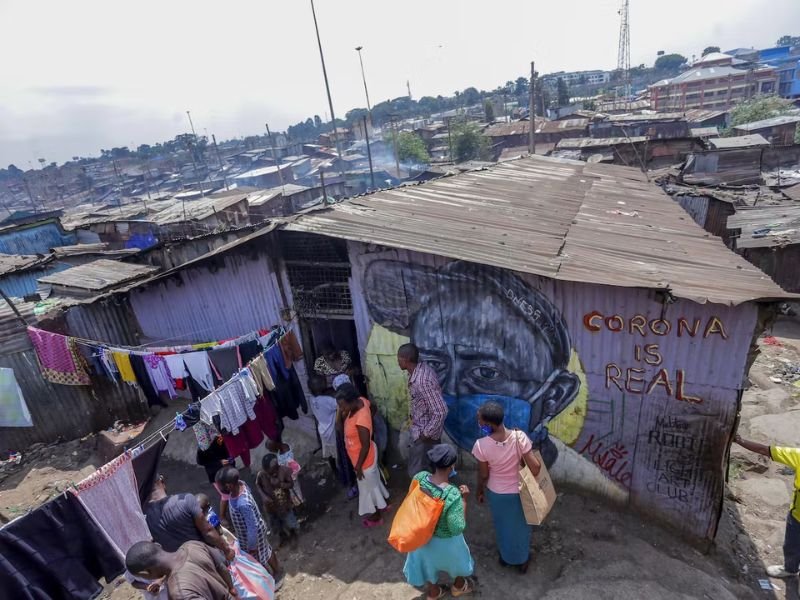The days of deep-fried, crumbed mushrooms the consistency of an old shoe as the only plant-based main course option in restaurants are long gone. Lucky customers, if you can call them that, were occasionally spoiled with the option of overcooked creamed spinach and butternut. Neither of these options were particularly appealing, and to be honest, even the titular character in Charles Dickens’ Oliver Twist would have shuddered at the prospect of asking for more.
Nowadays, the plant-based food industry, both globally and in South Africa, is becoming more sophisticated and offers a lot more to discerning palates. Plant-based meat alternatives not only taste better, but there is now a wide variety to choose from.
The only issue is the pricing, as it is still a small portion of the South African food market. Food is a volume game, which means that if relatively few units of a particular product are produced and sold, the price will be higher. As a result, consumers frequently have to pay more for plant-based ready-made meals than for meat-based counterparts.
However, there are numerous encouraging signs that this situation may eventually improve. To begin with, there is a growing trend of people seeking healthier food options, which is supporting the plant-based sector in South Africa.
As a result, not only are more restaurants offering plant-based food options, but some are entirely focused on providing meat alternatives. Second, South African supermarkets are now stocking a much wider range of foods in this category. Third, there are many new entrants in the segment, which increases competition. And, as we all know, nothing drives down prices like competition.
Importantly, SA’s JSE-listed food producers are also looking into the plant-based sector, which will likely help to lower prices in the long run. Tiger Brands’ Venture Capital Fund, for example, announced earlier this year that it had acquired a minority stake in Cape Town-based Herbivore Earthfoods for an undisclosed sum.
RFG, which manufactures products such as Rhodes and Bull Brand, also indicated last week during its results presentation that it was monitoring the plant-based sector, having begun expanding into the ready-made meal division of that segment. Management was quick to point out that, while the market is expanding rapidly, it is doing so from a low base.
However, RFG CEO Pieter Hanekom stated that while the plant-based category is not yet a big business in South Africa, it has the potential to become one in the future. Pricing may become more appealing as more players enter the market.
Furthermore, “if you can also get the volumes up and get a bit of operational leverage, that will also bring prices down over time,” Hanekom explained.
While a significant price reduction is clearly not going to happen overnight, fans of plant-based food can take solace in the fact that companies like Tiger and RFG are taking this food segment seriously. According to restaurant chains such as Famous Brands, the trend toward healthier eating appears to be here to stay. Others will most likely follow suit, prompting cries of “more” from South African consumers.
SA’s unemployment rate is now only the third worst in the world.
Excellent work.
With the final month of the year finally here, and the prospect of festivities worthy of the name, it now appears that SA may have escaped a year of war and plague unscathed.
There is some good news, such as the fact that the year has passed without a major new corporate scandal, such as a new Tongaat or Steinhoff, but the JSE is also hovering near positive territory for the year, with some notable new listings. The rand is on the verge of breaking through the R17/$ level, and rising inflation appears not to have killed the consumer economy yet, while many JSE-listed firms, fresh off years of cost containment and cash hoarding during Covid-19, are still looking to expand.
Furthermore, even though 2022 will see South Africa’s worst-ever rolling blackouts and floods, some – like Pakistan – will have it much worse, Europe is fighting a land war, China is still fighting Covid-19, the US is still fighting extreme political polarisation, and events in the UK have helped dispel the notion, at least for some, that rich governments can’t go bankrupt.

Of course, not all news is good news, but Thursday’s unemployment data showed a full percentage point drop to 32.9%, giving us reason to be less gloomy. That is less than one-third!
South Africa’s unemployment rate now trails Namibia and Nigeria on a list of 82 countries and the eurozone monitored by Bloomberg, though the global news agency notes that some of its data is out of date.
Even if the labour market is improving, SA’s economic growth is still expected to be 1.1% in 2023, before “accelerating” to 1.4% in 2024 and 1.5% in 2025, according to the Reserve Bank’s latest forecast. This is obviously insufficient for meaningful unemployment reduction, and there are numerous warnings that even this level of growth is overly optimistic.
Furthermore, before popping the cork, it’s worth noting that the National Development Plan set a target of 14% unemployment by 2020. When the plan was released in 2012, it stood at 24.9%.










